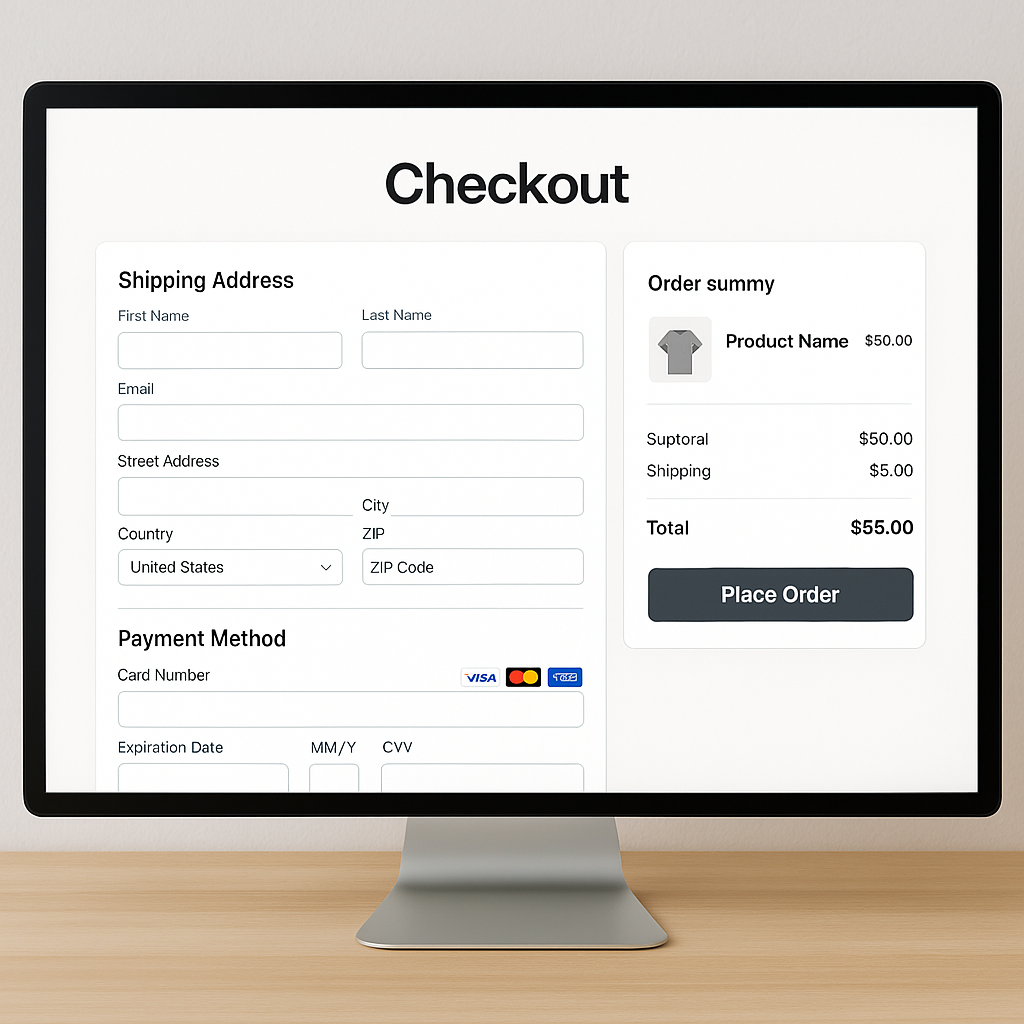Ever had one of those moments where you swear your phone is listening to your every word? You know, like when you mention you need a new vacuum cleaner and suddenly every ad on your feed is for the latest Dyson model? Welcome to the world of ear hustling—a term as modern as it gets for this uncanny phenomenon. Let's dive into the hilarious (and slightly creepy) world of coincidences, algorithms, and maybe a dash of good old-fashioned paranoia, especially as it relates to social media and advertising.
The "Wait, What?" Moment
Picture this: You're catching up with a friend over coffee, casually discussing your next vacation plans to Bali. You talk about the best beaches, the jungle swings, and the must-try local dishes. No big deal, right? But then, as soon as you unlock your phone, there it is—an ad for discounted flights to Bali. Coincidence? Or is your phone doubling as a travel agent?
These "Wait, what?" moments are becoming increasingly common, leaving many of us wondering just how much our devices know about us.
Algorithms: The Modern-Day Magicians
Let's get real for a second. The most likely culprit behind these "coincidences" is the all-knowing, all-seeing algorithm. These digital wizards analyze your search history, likes, shares, and even your keyboard habits to predict what you might want to see. They know you better than your best friend, which is impressive (and kind of unsettling).
Algorithms use a combination of data points to serve up ads that seem almost psychic in their relevance. They're tracking our every move, from the websites we visit to the time we spend on different platforms. It's like having a digital personal assistant who's always one step ahead.
But sometimes, the accuracy of these predictions makes us wonder if our devices have developed a sixth sense. How did it know you needed a new yoga mat just hours after you told your cat about your fitness goals?
Coincidence? I Think Not!
Of course, there's always the chance that it's all just one big cosmic joke. Maybe the universe has a quirky sense of humor, and these coincidences are its way of keeping things interesting. But let's not kid ourselves—when your phone suggests a restaurant you walked past five minutes ago, it's hard not to feel like you're in an episode of "Black Mirror."
These coincidences can be amusing, but they also raise important questions about how much control we have over our digital lives. Are we really making our own choices, or are we being subtly guided by the algorithms that know us so well?
The Conspiracy Theories
Now, we wouldn't be doing this topic justice without delving into the wild world of conspiracy theories. Some folks are convinced that our devices are constantly eavesdropping on us, recording every word for some nefarious purpose. While tech giants assure us that's not the case (seriously, they pinky promise), it's fun to entertain the idea of a tiny digital spy living in our phones.
These theories often hinge on the belief that our conversations are being used to create hyper-targeted ads. While the reality is likely more mundane—think sophisticated data analysis rather than secret microphones—it's hard to shake the feeling that we're being watched.
Ear Hustling in Advertising
For advertisers, ear hustling (or the perception of it) is both a blessing and a curse. On one hand, it makes their job easier. Ads that seem eerily relevant are more likely to grab attention and generate clicks. On the other hand, it raises serious questions about privacy and consumer trust. After all, nobody wants to feel like they're being watched (or listened to) all the time.
Marketers have had to walk a fine line. They use sophisticated algorithms to deliver targeted ads based on user data, but they also have to ensure they're respecting privacy laws and maintaining transparency. It's a tricky balancing act, but the potential payoff—higher engagement and conversion rates—makes it worth the effort.
The Ethical Dilemma
This brings us to the ethical dilemma. As much as targeted advertising benefits businesses and enhances user experience, it also raises concerns about privacy infringement. How much data is too much? Where do we draw the line between personalization and intrusion? These questions keep marketers, tech developers, and policymakers on their toes, striving to strike a balance that respects user privacy while driving effective advertising.
The ethical considerations extend to the transparency of these practices. Consumers want to know what data is being collected and how it's being used. Brands that can clearly communicate their data policies and demonstrate a commitment to privacy are likely to earn greater trust from their audiences.
Privacy Measures and User Control
In response to these concerns, many platforms have introduced more robust privacy measures. Users now have greater control over their data, with options to limit ad tracking, control app permissions, and manage privacy settings. Transparency has become a key focus, with platforms providing clear information on how data is collected and used.
For example, Apple introduced the App Tracking Transparency (ATT) feature, which requires apps to get user consent before tracking their data across other apps and websites. This move has been praised for giving users more control, but it's also caused some friction with advertisers who rely on this data for targeting.
Tips for the Paranoid
For those of you who are a bit more cautious, there are ways to outsmart the ear hustlers. You can adjust your privacy settings, disable your microphone for certain apps, and avoid discussing sensitive topics near your devices. Or, you could embrace the randomness and see it as a quirky part of modern life—after all, who doesn't love a good mystery?
Here are a few practical steps you can take:
- Review and adjust privacy settings on your devices and social media accounts regularly.
- Limit app permissions, especially for access to your microphone and location.
- Use privacy-focused browsers and search engines that don't track your activity.
- Clear your browsing history and cookies periodically.
- Stay informed about the latest privacy features and updates from the platforms you use.
Whether it's a coincidence, algorithmic magic, or a full-blown conspiracy, one thing is clear: ear hustling is here to stay. So, next time your phone seems to be reading your mind, just laugh it off and enjoy the ride. After all, in a world where our devices are practically an extension of ourselves, a little ear hustling might just be the new normal.
Stay curious, stay skeptical, and remember—your phone is always listening. Or is it?













